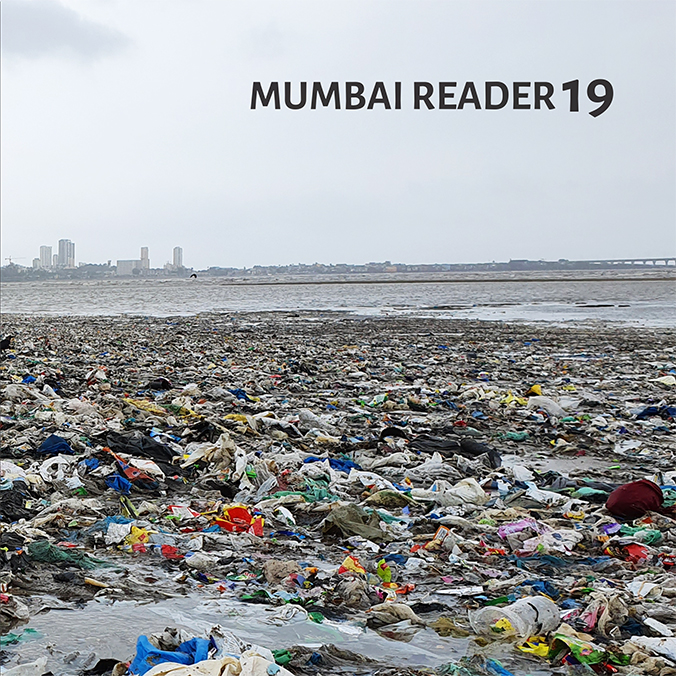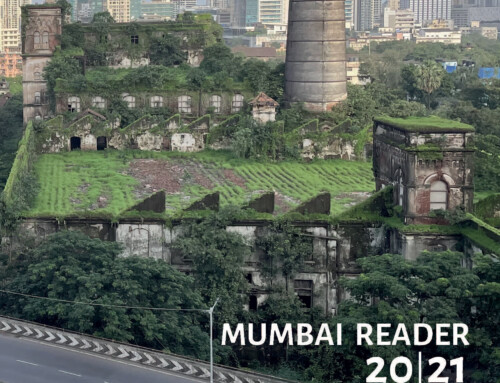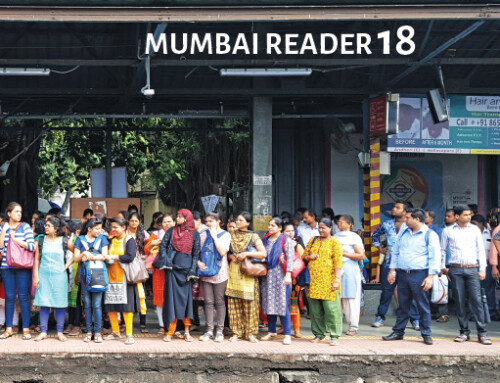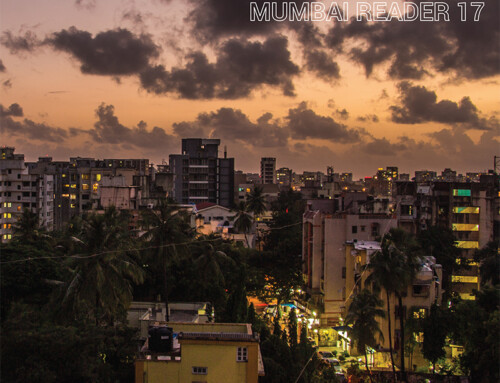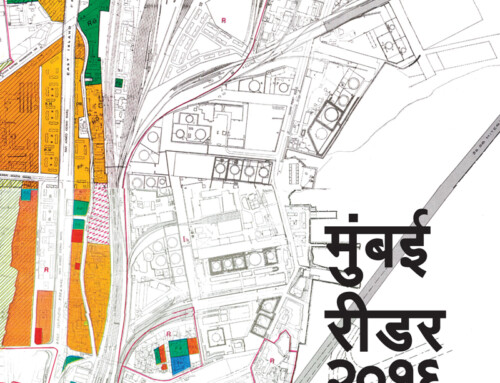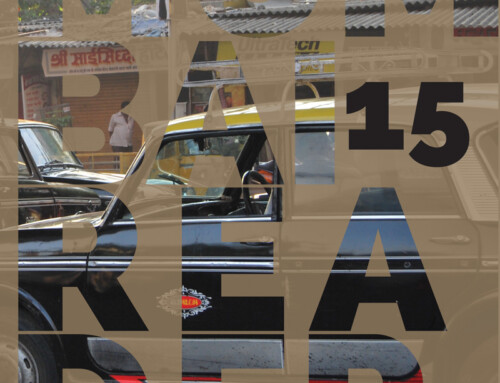Project Description
MUMBAI READER 2019
Mumbai Reader’19 is available for reference and purchase at UDRI Resource Centre.
PREFACE
The difficulty in representing Mumbai is that such representations often fall into one of the several limitations of reading the city linearly. These limitations of linearity include making gross generalisations, or getting lost in seductive micro-narratives, or constructing incredible scenarios through meticulous empiricisms. While the generalisations strip the complexities of the city from the readings, the micro- narratives are often myopic. Similarly, the approaches of using empiricisms are driven by preconceived agendas for problem solving.
Individually, the generalisations, micro narrations and the empiricisms are unable to capture the complexity of Systems, Organisations, and Space in the city. This impossibility of conceptualising the city warrants the need to read the city in multiple ways that simultaneously include an almost palimpsest like reading of all the approaches. To talk about the city then, would be to talk simultaneously in multiple disparate ways, in multiple languages and with multiple perspectives. The Mumbai Reader is an attempt to undertake a representation of the city that enables innumerable readings through a simultaneous and non-linear compilation of multiple voices in the city. The contents include some of the most recent perspectives on culture, economy, geography and history of the city. While it records the routine mainstream labour history and planning discourse types of writings; it also overlaps these with some of the current debates on absurdities that the city is faced with the issues relating to flooding in Mumbai, proliferation of TB etc. The perspectives include voices from the bureaucracy, civil society organisations, academics, industry, judiciary, media, professionals, artists and many others. The Reader does not claim to be a comprehensive or an exhaustive compilation of readings on the city. It is rather an attempt to provide a glimpse of the complex dynamics of the city of Mumbai. The process of making this compilation was initiated through a call for papers made to a varied set of individuals in order to ensure an array of perspectives that would present to a reader diverse possibility of perceiving the city.
This work is licensed under a Creative Commons Attribution-NonCommercial-NoDerivatives 4.0 International License.
Attribution-NonCommercial-NoDerivs
CC BY-NC-ND
TABLE OF CONTENTS
- Kaali-peeli: Yeh hai Mumbai ki jaan
- Self-redevelopment as a model for Mumbai’s housing crisis
- Urban planning: Then and now (2045)
- The local as a policy space: From a counterpoint called Mumbai
- Planning a disaster: Government meddled with mandate, made arbitrary changes to Development Plan
- Eastern waterfront revamp: New plan leaves just 74 hectares open space for Mumbai
- Making buses accessible to all
- Conservation of the built environment
- Victorian Gothic and Art Deco Ensembles of Mumbai inscribed as UNESCO World Heritage site
- An air of gloom
- Closely packed buildings at Govandi slum rehab colony designed for death
- Mumbai’s ‘designed for death’ buildings are incubating TB
- Mumbai vs Debris
- In India’s largest city, a ban on plastic faces big obstacles
- Mumbai rains: Why the city is most vulnerable to urban flooding
- Mumbai rains: The nightmare of a dormitory town
- Wanted: An urban flood management plan for Mumbai
- Farmer’s protests: Is Government committed to undo historical justice?
- Read the distress signals
- Our very own Balirajas
- They let nature take its own course
- Mumbai, let your children play! An approach to understand play in Mumbai
- How older women experience the city
- Treadmill Times
- UDRI Section
- Interviews of youth: To mark the 25th anniversary of Mumbai riots
- Behind Mumbai’s self declared ODF status: Overused, inadequate and crumbling toilets
- Triple Talaq Judgement and after
- Dignity, but for whom?
- Right to Sexuality Section 377 Judgement
- Equality of opportunity for Scheduled Castes and Scheduled Tribes SC/ST Judgement
